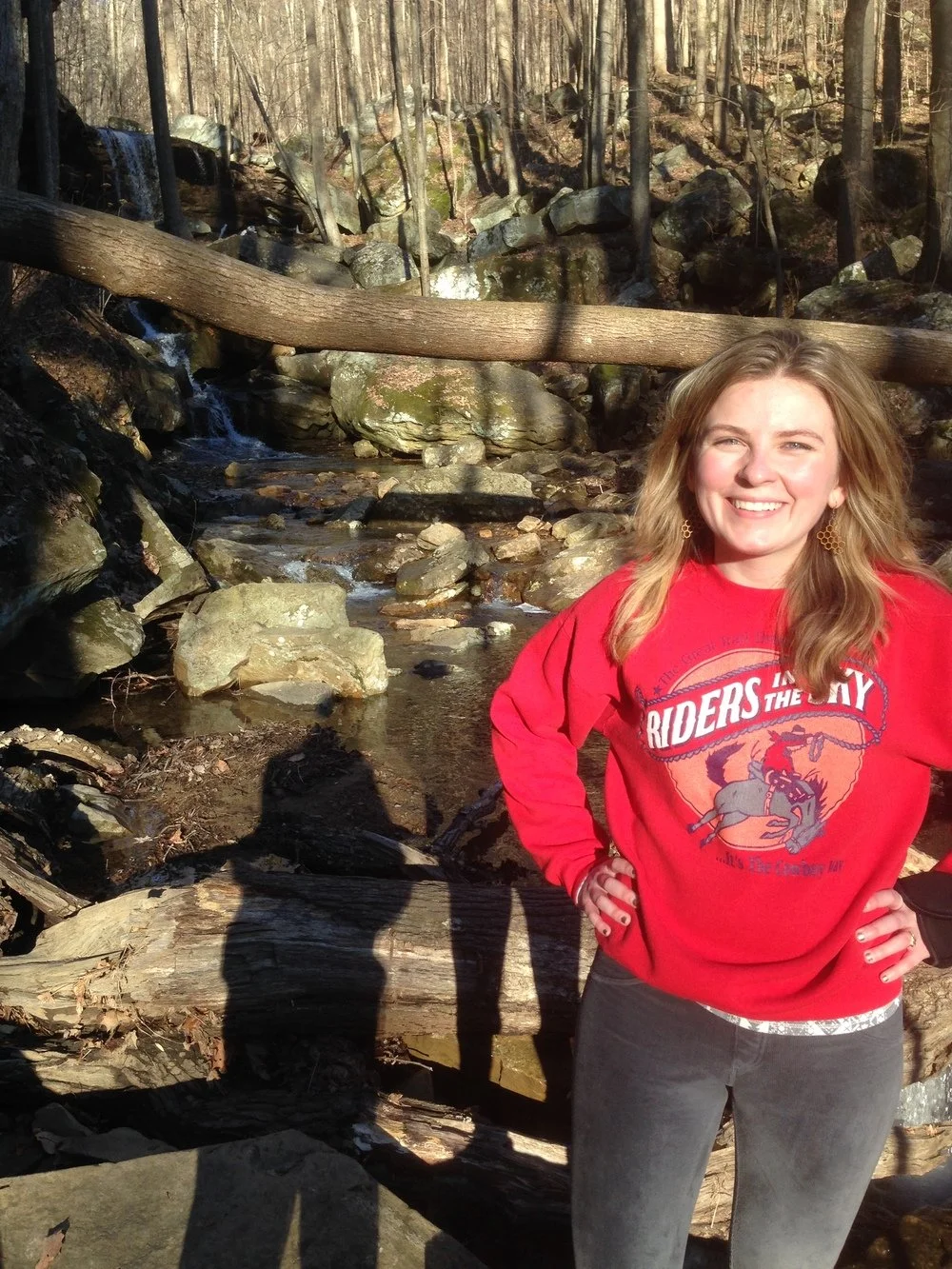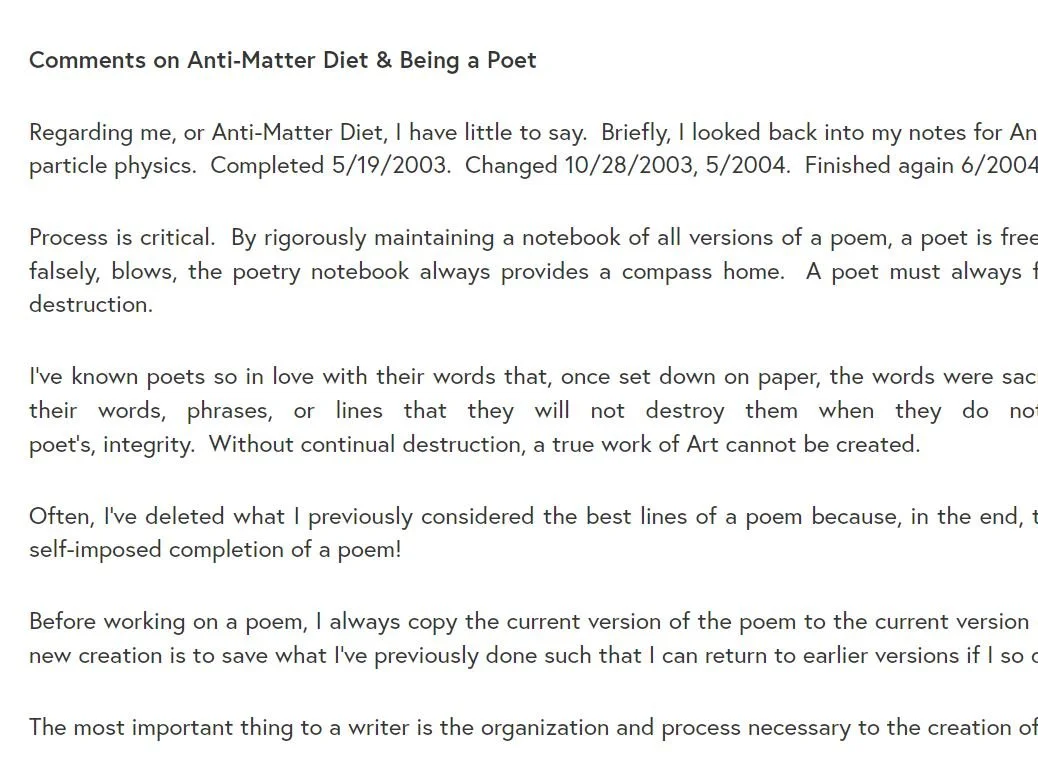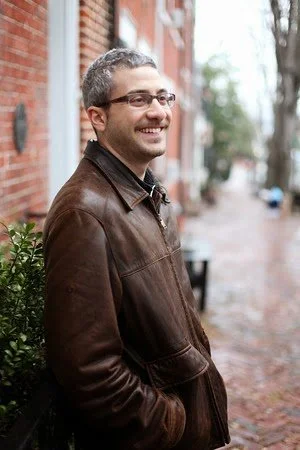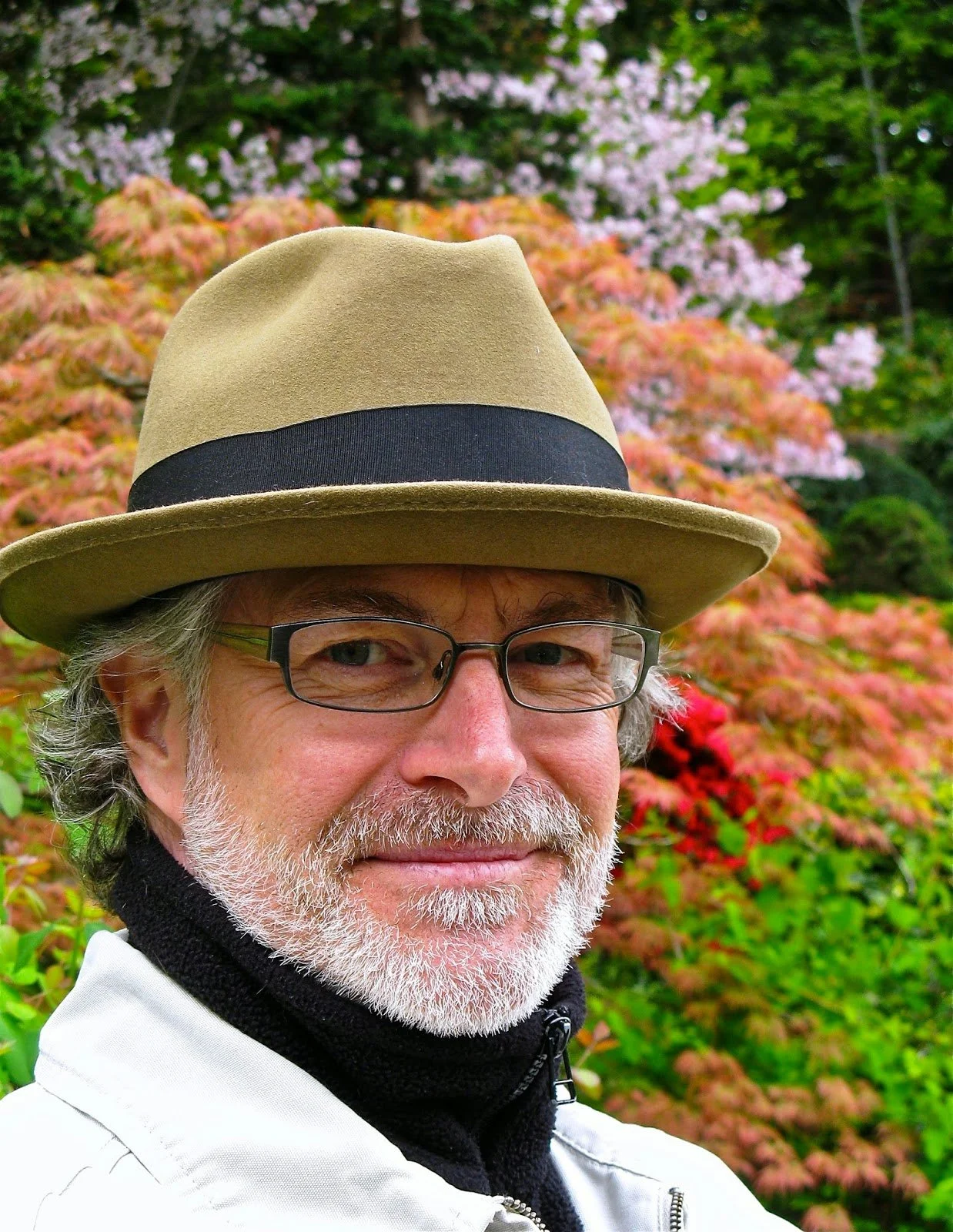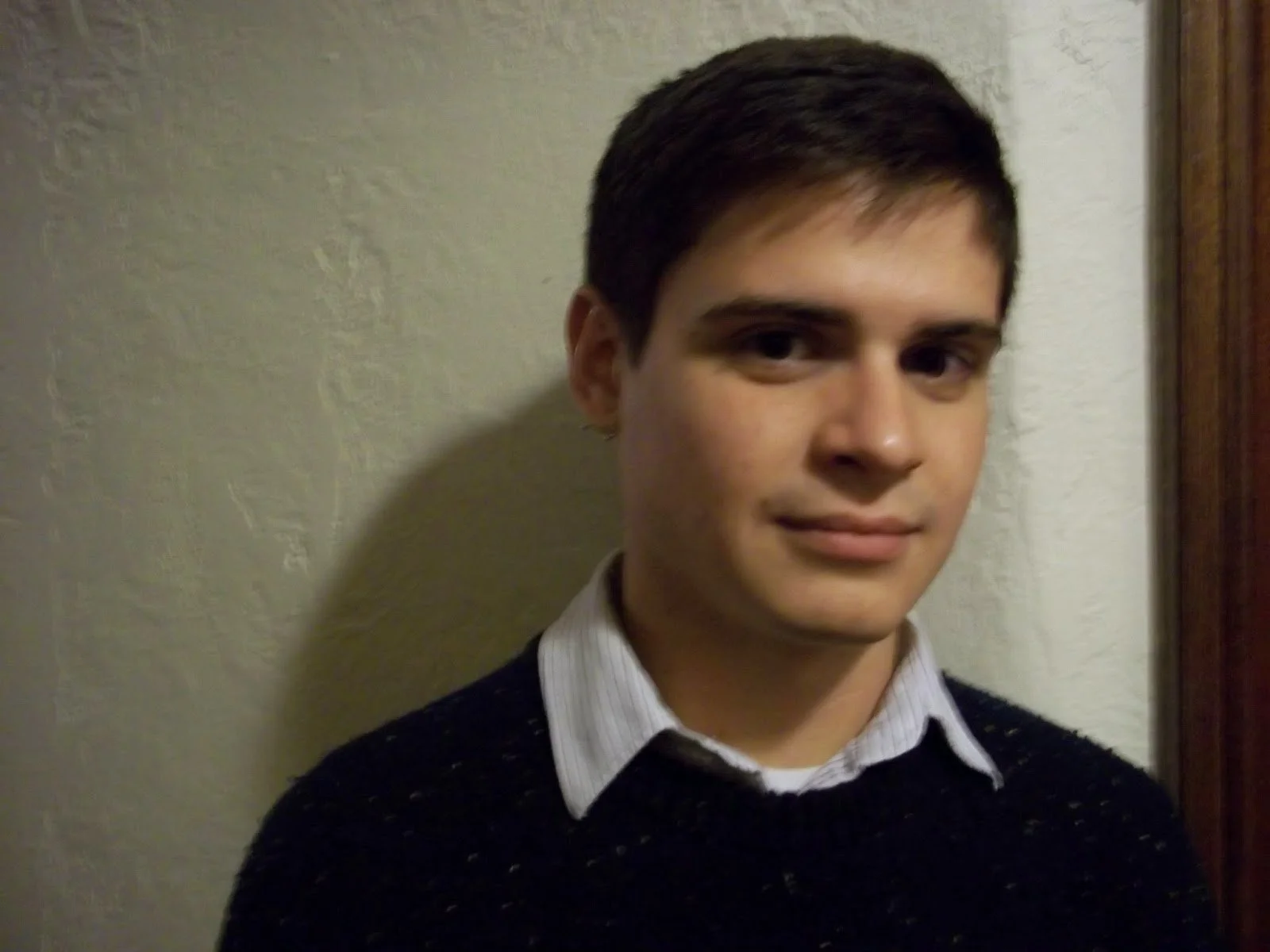Contributor Spotlight: Lindsey Alexander
Terms of Agreement
Often I find myself creating problems instead of poems.
Though Tweetable, that is no epiphany on my end. I am wise to my own ways, especially in terms of avoidance.
A favorite teacher of mine deplores and defames the poem that ends in epiphany, and I, too, am suspicious of that kind of closure.
Read More
Contributor Spotlight: Michael Wasson
It always echoes back to me. You could call it a haunting. You could say ghosted. You can just as easily say that the same loneliness brimming through the old woman’s body brims and finally unfastens me as well.
When I started reciting these old stories with my elders, I felt the slimmest lump in the throat begin to take on a growing heft. These are some of my greatest memories as a mentee under my elders. And it was after the end of our roundtable discussions on the texts that we would begin to read aloud each word, each line, sense the warm touch of every glottal and stressed vowel. Every click of the tongue echoed a little more in my young indigenous, nimíipuu self.
Read More
Contributor Spotlight: T.N. Turner
Comments on Anti-Matter Diet & Being a Poet
Regarding me, or Anti-Matter Diet, I have little to say. Briefly, I looked back into my notes for Anti-Matter Diet. Started 5/8/2003 while driving to work, listening to lectures on particle physics. Completed 5/19/2003. Changed 10/28/2003, 5/2004. Finished again 6/2004, 8/2004, 9/2004, 6/2005, 10/2005. Changed 9/2008.
Read More
Contributor Spotlight: Chris Tamigi
I’m excited about seeing “Impure Acts” (my translation of Mauro Covacich’s short story “Atti Impuri” ) in print in the HFR. The idea of an English translation of a contemporary Italian story set in postwar Poland intrigues me in that it interposes several layers of mediation between the reader and the narrator. You have Covacich who conjured up this scene in the mountains outside postwar Krakow and described it in Italian, and then you have the translator (me) importing the story from Italian into English.
Read More
Contributor Spotlight: Sarah Pemberton Strong
My poem “Mobile” was inspired by a baby gift for my newborn daughter—a mechanical crib mobile sent by a well-meaning relative I’d never met. This mobile, with its toxic-smelling plastic ponies and its beepy, teeth-grinding rendition of a piece of music I was fond of, struck me at first as the very nadir of technological achievement. As the poem says, whenever I looked at it—and smelled the chemicals coming off the plastic—it made me think of “asthma attacks and Chinese factory workers.” In an earlier draft, the poem went on to ask, “Why would anyone give a naked infant / such a complicated dance of suffering?” Although those lines didn’t make it into the final version, once I had posed that question, I wanted to try to answer it, or at least investigate it. That investigation comprises a large part of the pleasure poetry gives me—the experience of embarking on a quest I hadn’t intended to sign up for.
Read More
Contributor Spotlight: Clyde Moneyhun
I found my voice as a writer, ironically, by speaking in other people’s voices, which is to say when I started translating in earnest. Before about five years ago, I’d dabbled in translation. In college, I once got out of taking a final exam in an Italian class by turning in a translation of the brief memoir “Winter in Abruzzo” by Natalia Ginzburg, and later it was the first translation I ever published. Still in college, I started translating Camus’s The Stranger to teach myself French. Living in Japan years later, I collaborated with my friend Mark Caprio to translate the Japanese novel A Heart of Winter by Miura Ayako, which we did manage to finish and publish, and also some contemporary Japanese Buddhist poetry. I should have given in to my fate long ago, but I spent many years writing short stories, personal essays, even a travel column for a while, before I committed to translation wholeheartedly.
Read More
Contributor Spotlight: Patrick Milian
The first poem I wrote was a libretto, a byzantine elaboration of “The Tell-Tale Heart.” My roommate asked me if I’d try writing the text for an opera he was hoping to write, so I tried. I tried writing the only way I knew how—which meant meter, rhyme, form, and capitalizing the first letter of every line. It took about a year to finish the libretto and, reading it now, it seems like a record of an idiosyncratic education in which arias turn into sonnets, duets are sung is terza rima, and Longfellow makes more than one appearance. These were the best methods I knew of making a poem sound like music.
Read More
